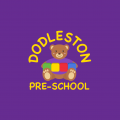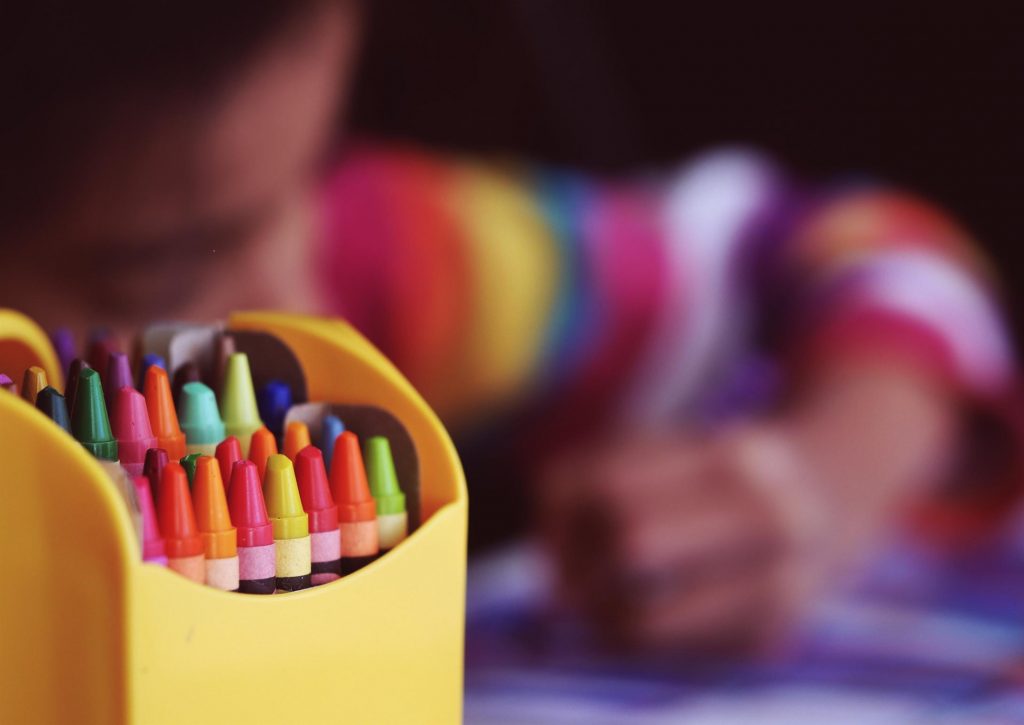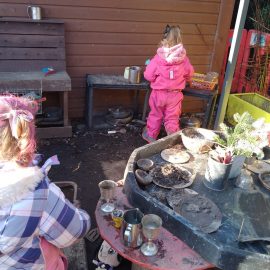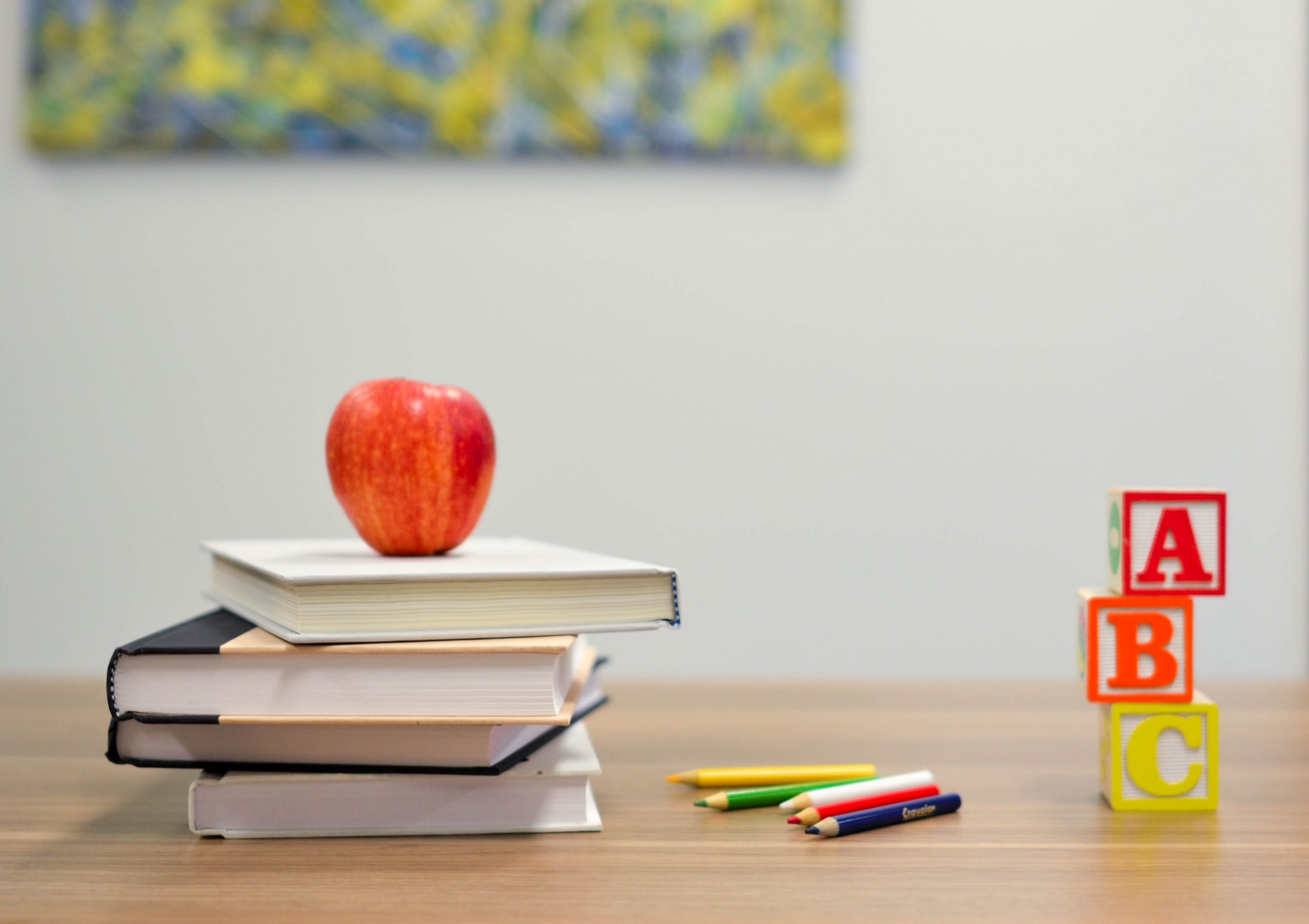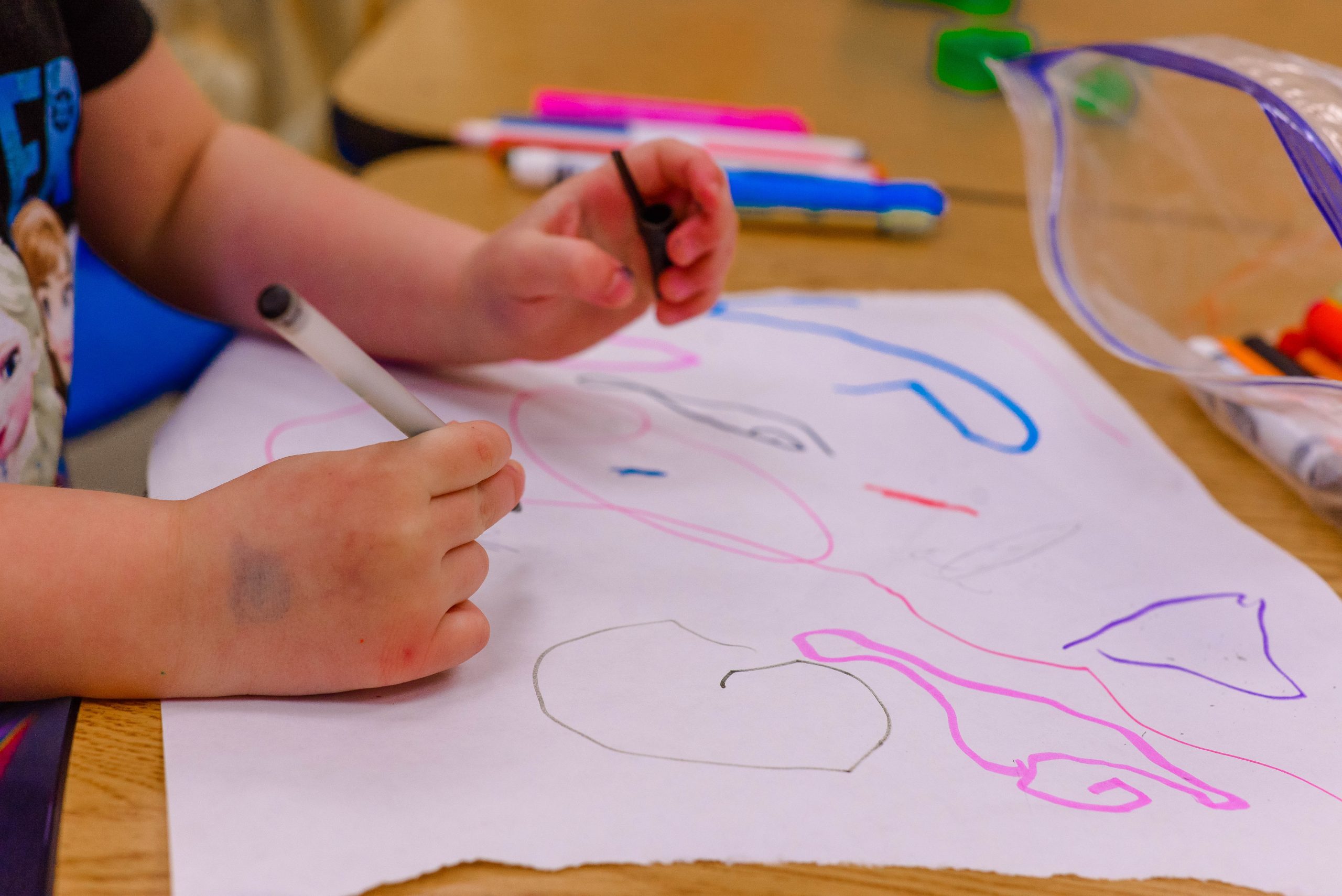Nursery and pre-school are the start of a child’s education. Both these spaces offer so much learning and education, even if it’s in basic tasks like co-ordination or social interaction. This is why pre-school can be a great precursor to primary school, and your child could learn so much at a pre-school in Chester.
It lays the foundation for a lifetime of learning. It’s a vibrant, nurturing environment where young minds can discover new skills, but also have fun. If you’re unsure exactly how a pre-school can help your child, we’ve covered the main reasons below.
Socialisation
One of the primary facets of pre-school education is socialisation. In these early years, children learn the art of interaction, co-operation, and the fundamentals of building relationships. They engage in play, share toys, negotiate conflicts, and, in doing so, develop crucial social skills that form the bedrock of their emotional intelligence.
The pre-school setting becomes a microcosm of society, where children learn about teamwork, empathy, and the importance of communication.
Language acquisition
Language acquisition is another cornerstone of pre-school learning. Children’s brains at this age are like sponges, absorbing language patterns, vocabulary, and communication norms from their surroundings.
In the pre-school setting, they are exposed to a rich linguistic environment that goes beyond their immediate family. Teachers and peers introduce them to new words, expressions, and the joy of storytelling. Through activities like circle time, storytelling sessions, and singing songs, children not only enhance their linguistic abilities but also develop a love for language that will serve them well in their academic journey.
Maths and literacy
Pre-school serves as an early introduction to academic concepts, fostering a curiosity for learning. Basic numeracy and literacy skills are gently woven into activities, making learning an enjoyable experience. Through games, puzzles, and creative exercises, children start recognising numbers, letters, shapes, and colours, setting the stage for more formal education.
The emphasis is on making learning fun, fostering a positive attitude towards acquiring knowledge that will stay with them throughout their educational journey.
Creativity
Creativity blossoms in the vibrant atmosphere of pre-school. Art and craft activities, music and movement sessions, and imaginative play all contribute to unleashing a child’s creativity.
These activities not only provide an outlet for self-expression but also enhance fine motor skills. As children explore various materials and mediums, they develop a sense of aesthetics and an appreciation for the beauty of creation. The creative environment of pre-school encourages them to think outside the box and fosters a lifelong love for the arts.
Motor skills
Beyond the cognitive and creative domains, pre-school lays the groundwork for physical development. Gross motor skills are honed through activities like outdoor play, running, jumping, and climbing. Fine motor skills, essential for tasks like writing, are nurtured through activities like threading beads, using scissors, and handling small objects.
Physical education at this stage is not about competition but about fostering a love for an active lifestyle, setting the stage for a healthy future.
Independence
Perhaps one of the most vital lessons learned in pre-school is resilience and independence. While we don’t leave your children on their own to just get on with it, we do encourage them to manage their own belongings, follow routines and cope with new challenges.
These experiences contribute to the development of self-esteem and a sense of autonomy, preparing them for the more structured demands of primary education.
Pre-school is a treasure trove of learning where children acquire social, linguistic, cognitive, creative, and physical skills in a holistic manner. It’s a time of exploration, curiosity, and building a strong foundation for future academic and personal growth.

